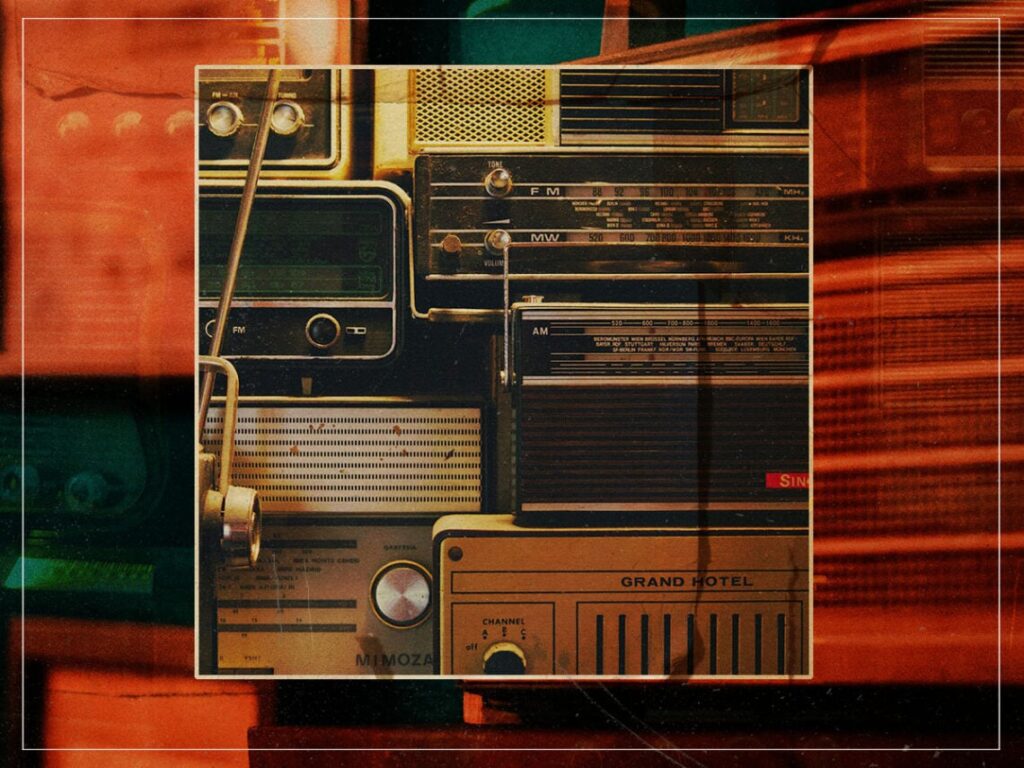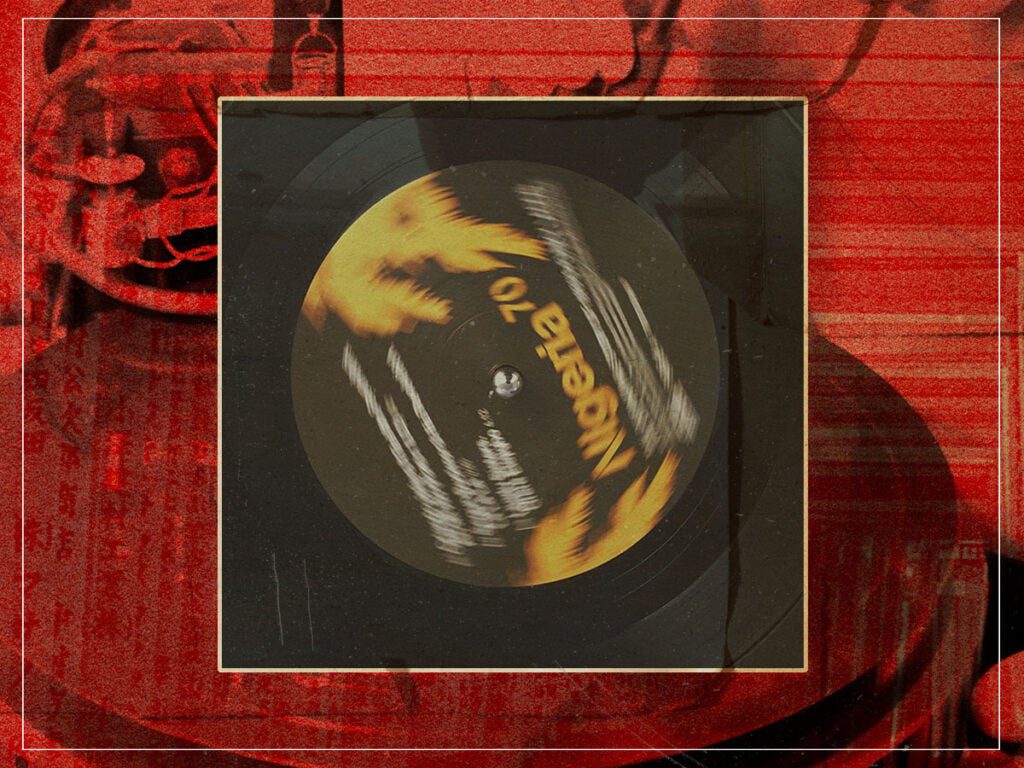What’s the oldest continuously-running record label in music history?
 Posted On
Posted On
(Credits: Far Out / Miguel Alcântara)
Sometimes, it’s easy to forget that the music industry isn’t a new thing. With increasing public talk about things like ‘industry plants’, marketing plots or viral trending moments, discourse about the cogs of the music machine is louder than ever. It makes it feel like a modern phenomenon when, really, the birth of the music industry was centuries ago when the first record label was launched.
Even the idea of a record label feels oddly modern. We imagine big desks with teams sitting around them, talking about how to boost streaming numbers or get a TikTok to blow up. Back in the 1990s, ‘80s and ‘70s, that image morphed into a cooler stereotype of A&R people partying all night with the bands they discovered. By the time it gets to the 1960s, the rose-tinted trippy glasses the world remembers the era through never really considers the fact that even behind big countercultural acts like Led Zeppelin or The Doors, there was still an office building somewhere with people in suits calling the shots and organising it all.
More often than not, when stories are heard about a record label in music history, it’s something negative where an artist felt stifled by business people attempting to control their art. There are horror stories of artists like Prince being held captive in bad deals or acts like The Beatles cutting themselves free from the industry by starting their own label, only to realise that bureaucracy is an inevitable part of any business.
But record labels aren’t always evil. In fact, they’re essential. Without the organisation of a label, so many of music history’s most beloved songs wouldn’t have been heard or may not have endured. Without labels being there, still working with artists who are long past or looking after their archives, tracks from the eras, decades and centuries past would have been lost to time. Labels are there to smooth out the process and to help deal with the logistics and business side of releasing music in the hopes of allowing the art to reach a wider audience and have more of an impact.
Historically, too, labels were more niche with each dealing with a particular type of music or scene, leading to some famous instances of a record label sitting at the centre of a cultural moment, like the impact of Sun Records in Memphis that looked after Elvis Presley and Johnny Cash, or history-shaping Motown Records.
However, like all elements of the music world, underfunding and the economic struggle faced by the arts have led to some record labels disappearing over time. But one of the first ones ever started is still running today, becoming an absolute titan of the music world.
What was the first record label ever started?
Technically, the first record label was Edison Records. It launched in 1888, which was over 130 years ago. However, this wasn’t a label as the world knows the term now, as a collective of artists all resided over by one business. Instead, this was simply a business that made wax cylinders to be used on phonographs as the first way to play back recorded sound.
After Thomas A Edison invented the phonograph in 1877, sound was first recorded on sheets of tinfoil. He then invented the phonograph cylinder, which could handle about three minutes of sound. So the first record label was merely a business making and selling the tools of recorded music.

But what is the oldest record label still in existence?
The oldest record label still around today was technically the second one ever launched, after Edison Records. But really, it was the first one to shape into the form and understanding we have of labels today.
Columbia Records was launched in 1889, originally as Columbia Phonograph Company. They first started out buying and selling photograph cylinders from Edison, but they soon moved on to producing their own. From 1894, they only sold phonographs of their own records, which was the start of the history of labels essentially looking after and promoting their own group of artists and the recordings they owned. From the early 1900s, they also took the first steps into what would become known as A&R work when they reached out to prominent singers to record for their catalogue.
From then on, the history of Columbia records move with the times. They were early creators and distributors of records when they were invented. As the accessibility of vinyl records grew, so did the business. They began acquiring other early record labels, growing their collection of artists and catalogue of songs to include a wider range of genres. As the music world grew and grew through the prominence of the radio, the buying of records, the launch of TVs and so on, Columbia always remained on the cutting edge of it all, allowing them to become an absolute titan of the industry and one of the most well-known labels still around today.
That’s partly because they took a chance on new artists they believed in. They signed Bob Dylan when he was just a young up-starter, with the same early trust being granted to Simon and Garfunkel, Janis Joplin, Pink Floyd, The Byrds and more.
Today, as part of Sony Music Entertainment alongside RCA Records, Columbia looks after some of history’s best artists. They have Bob Dylan, Beyonce, Bruce Springsteen, LCD Soundsystem, Patti Smith, Harry Styles and countless others. They look after the legacy of David Bowie, Tony Bennett, Jeff Buckley, Johnny Cash and more as one of the most well-known businesses in music.
[embedded content]
Related Topics


